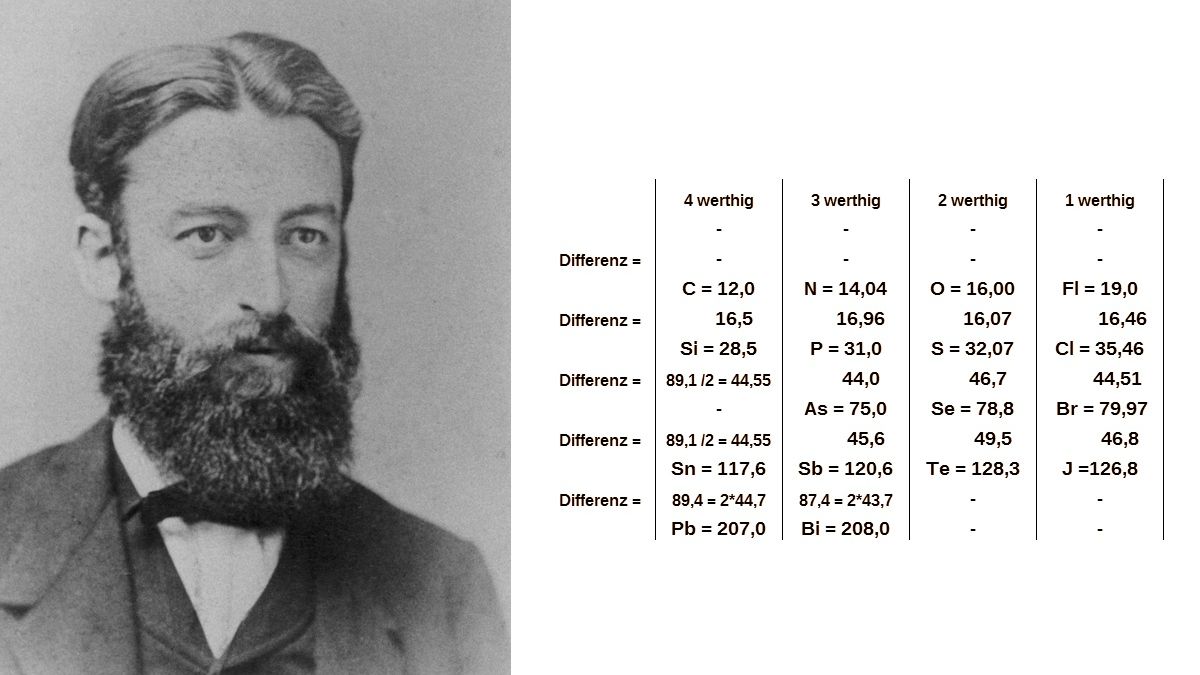200 Years of Pioneering Spirit: When Chemistry Leads the Way
During early industrialization, chemistry provided solutions to Germany’s limited natural resources. Chemicals like potash and soda were essential for leather tanning and the production of linen, glass, soap, and gunpowder. The challenges included developing new processes and distinguishing chemistry from mechanical engineering. Pioneers such as Karl Weltzien and mechanical engineer Ferdinand Redtenbacher made groundbreaking advances by promoting systematic research and clearly defining these separate fields, which was crucial for industrial progress.
First World Congress of Chemistry in Karlsruhe
Weltzien laid the foundation for chemical research at KIT. He initially set up a private laboratory in his home so students could gain hands-on experience, and along with Redtenbacher, he pushed for the separation of chemistry and mechanical engineering, which were closely intertwined in teaching at the time. In 1851, the Polytechnic Institute established a modern chemical laboratory based on his concepts, making Karlsruhe a center for chemical research.
One outcome of this development was the world’s first specialized chemistry congress held in Karlsruhe in September 1860.Organized by Weltzien and August Kekulé, the elite of international chemists gathered to standardize terms and symbols like atom, molecule, and basicity, which had yet to be clearly defined. Although the researchers didn’t resolve every issue, the worst confusion was over, as Carl Engler (1842–1925), the “nestor” of Karlsruhe chemistry, later reflected.
Karlsruhe as a Breeding Ground for Breakthroughs in Chemical Science
Engler conducted research on dyes and challenges in the dye industry. In 1884, he began studying petroleum and is considered the founder of German mineral oil science. As a member of BASF’s supervisory board, he helped pave the way for the industrial application of groundbreaking discoveries made by Karlsruhe scientists, including the production of nitrogen fertilizer based on Fritz Haber’s research.
Lothar Meyer succeeded Weltzien in 1868. His work, 'Die modernen Theorien der Chemie' (Modern Theories of Chemistry), included the first version of the periodic table. In 1869, he presented his ideas about elements in today’s main groups, arranged by atomic weight and valence. This allowed Meyer to predict the properties of previously unknown elements like gallium, scandium, and germanium.
Hans Bunte, an expert in gas, fuel, and combustion technology, was appointed Chair of Chemical Technology in 1887. Bunte laid the theoretical foundations for heat generation and was the first to determine the calorific value of many fuels. He also developed coal refinement processes that enabled the production of gasoline, town gas, and key chemicals such as aromatics and phenol. At a time when petroleum was not yet widespread, these processes were enormously important. Bunte helped make Karlsruhe a center of the German energy industry.
March 21, 2025
Photo:
Meyer: KIT Archive;
Periodic table of elements: Wikipedia, last accessed on March 21, 2025, https://en.wikipedia.org/wiki/Lothar_Meyer#/media/File:Periodic_table_Meyer_1864.png, Public Domain, CC BY-SA 4.0;
Collage: KIT

